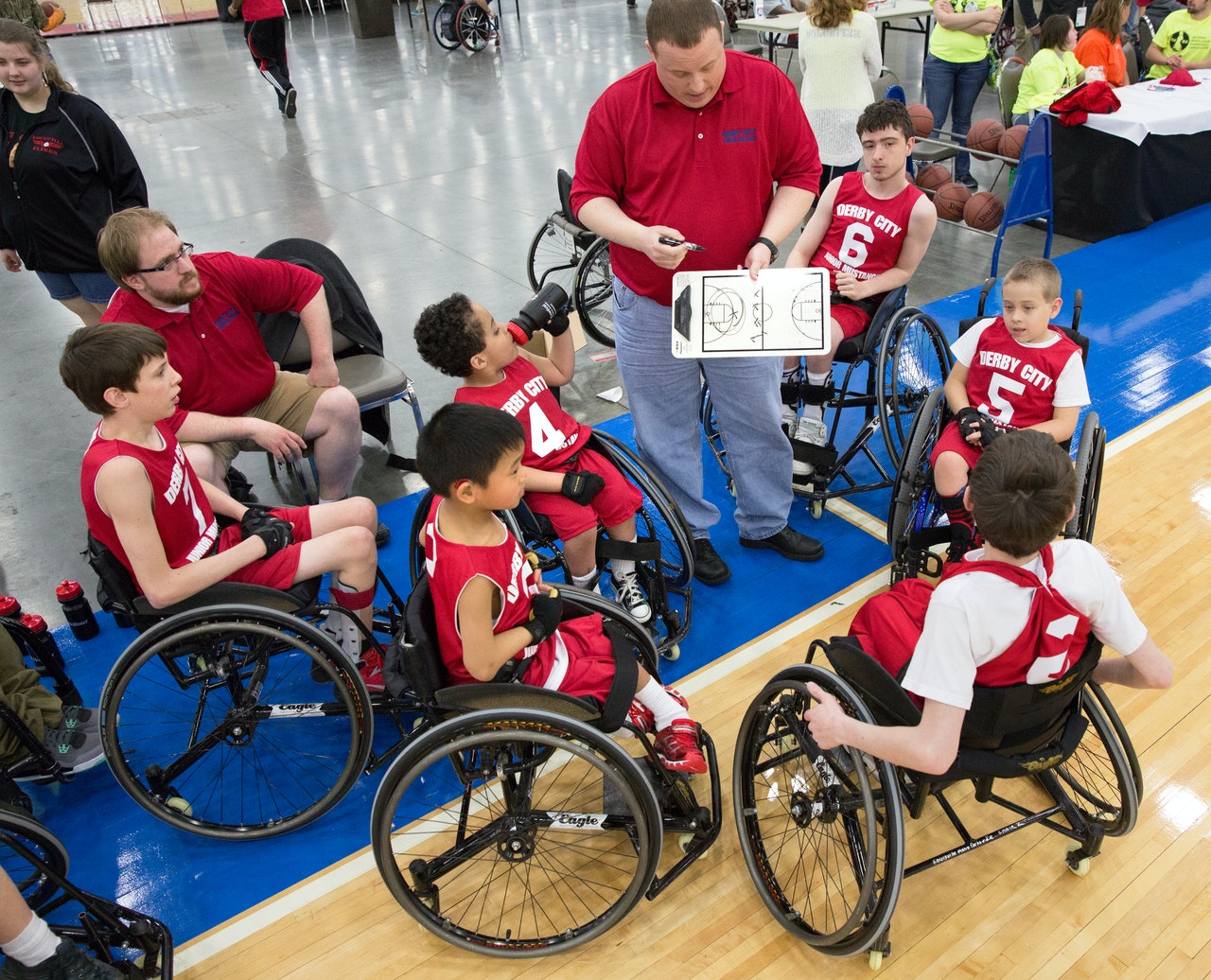People with physical disabilities - particularly those with mental distress and those with economic difficulties - have suffered most from closures and lack of opportunities for social interaction since the outbreak of the pandemic.
Tempo Libero Magazine by FITEL had the opportunity to interview Luca Pancalli, President of the Italian Paralympic Committee. According to Pancalli, the greatest impact of the pandemic was perceived by grassroots associations and amateur athletes, especially those for whom the weekly hours in the pool or on an athletic field represented real medicine. Sport is an important opportunity for sociability and growth as well as a valuable "active welfare" tool for Italy. But for many people with disabilities it is a necessity, an indispensable element of their lives. For example, for people with intellectual/relational disabilities or on the autism spectrum, as well as for their families, the moments spent in sports facilities represent a fundamental outlet, a very important part of the rehabilitation-therapeutic path and an extraordinary opportunity for confrontation with others. Forced isolation was, for them, a very hard test to overcome.
These sport-access restrictions during the pandemic could be easily related to tourism barriers for people with disabilities. Tourism, in the same way as sport, can mean a great opportunity for integration and inclusion, as well as provide an escape route to free the mind. However, barriers in many destinations and activities are still present for people with disabilities, and it is therefore essential to reflect on the importance of leisure activities (sports, tourism and so on) in order to promote accessible spaces for everyone.
During the interview, Luca Pancalli also pointed out the role of associativism and volunteerism in recovering and strengthening the values of social life, peace and civil coexistence. He argued that sports should be understood in its totality, as the pivot of the country's public policies, and that the country does not grow only when GDP grows, but also when culture grows. Likewise, sport is not only a tool for better living, it is also a "social medicine" that facilitates inclusion, and it was during the pandemic that this became even more evident.
Find out more about this news in FITEL’s magazine Tempo Libero.
